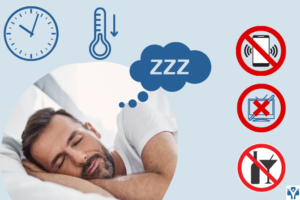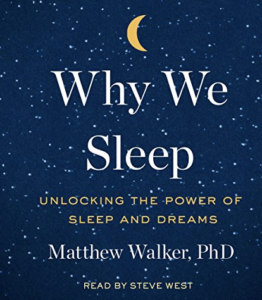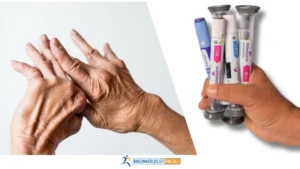SHARE
In this article, I will provide you with seven tips to help you sleep better and address your pain. Why? I cannot stress enough how important it is for your overall health to have ENOUGH and GOOD QUALITY SLEEP.
Sleep does not equal laziness.
For a few years now, I am following the fascinating work done by Professor Matthew Walker, director of UC Berkeley’s Sleep and Neuroimaging Lab. He is an expert in SLEEP research. Professor Walker helped us understand the transformative power of SLEEP in changing our lives for the better.
Why SLEEP is crucial for our wellness, health, and longevity?
Science showed that chronic deprivation of sleep has devastating health consequences. For instance, sleep deprivation was linked to obesity, heart disease, diabetes, decreased ability to reproduce, mood disorders, irritability, and lack of concentration. Moreover, sleep regulates our immune system, metabolism and regulates our appetite.
Professor Matthew Walker wrote the first book, “Why We Sleep,” to open our eyes and change the way we think about SLEEP.
Unfortunately, about 60% of patients with arthritis report poor sleep quality and only 5.7 hours of sleep per night. Therefore, these patients suffer from chronic pain. As a consequence, chronic deprivation of sleep will eventually translate into severe fatigue, anxiety, depression, and INCREASED PAIN.
Working with a rheumatologist will help you better control your inflammatory arthritis. As a consequence, less pain will translate into a better quality of your SLEEP. Science shows that sleeping more than 8-9 hours/ night will be essential in improving the pain in patients.
Dr. Girnita recommends 7 TIPS to improve your sleep:
- Set a low temperature in your bedroom ( about 65F/ 18C degrees);
- Your bedroom is for sleeper intimacy, not for your meetings or movies.
- Routine is essential: Dim the lights in your house 30 min before bedtime; set the same time for bedtime, quiet reading from a book (not your tablet), warm bath, soothing music.
- Avoid exercise, alcohol, or eating 3 hours before bedtime.
- Disconnect from your cell phone, tablet, or laptop at least 30 minutes before bedtime. The blue light from these devices can suppress your natural production of melatonin.
- Use melatonin, chamomile tea. Relaxation techniques like mindfulness
- Try to sleep at least 8 hours per night.


Consider buying and reading Professor Matthew Walker’s book, Why We Sleep, Unlocking The Power of Sleep and Dreams and you will forever benefit from this amazing transformation in your mindset.
About the Author

Diana Girnita, MD, PhD is an US board certified internal medicine and rheumatology. She completed a PhD in immunology, postdoctoral fellowship at Harvard University, immunology fellowship at University of Pittsburgh and rheumatology fellowship at University of Cincinnati. She is the founder&CEO of Rheumatologist OnCall, a telemedicine company that serves multiple states in the US. She is an assistant professor in the department of Rheumatology at University of Cincinnati. Dr. Girnita is a graduate of the Nutrition Science course from Stanford University. Dr. Girnita was recognized many times with “Top Doctor” award (2017-2020) and is frequently invited speaker of the US National Arthritis Foundation. Read more














